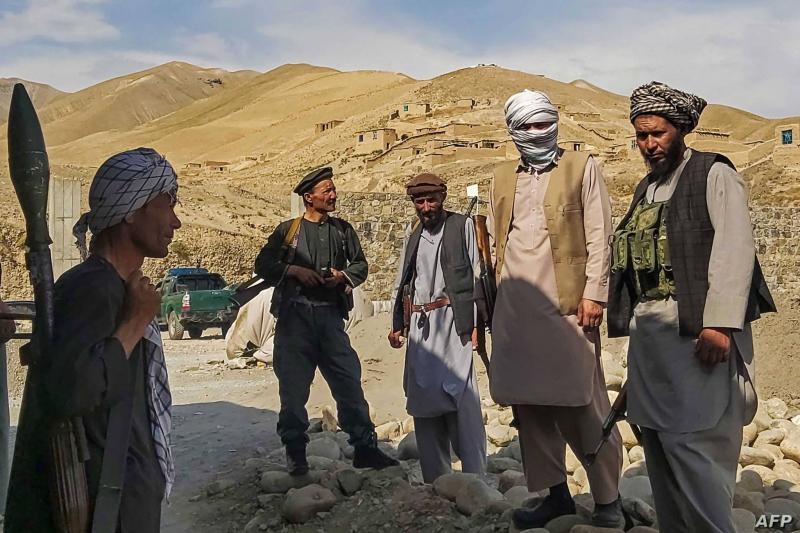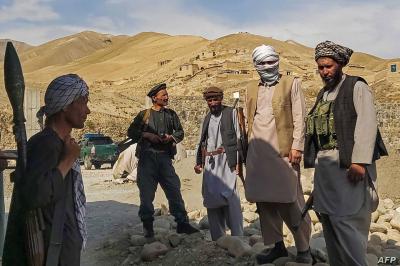The situation in Afghanistan is deteriorating rapidly as foreign forces near the completion of their withdrawal after a 20-year war in the country, coupled with stalled peace talks. Meanwhile, the Taliban is attempting to polish its image in the areas it has seized in the north of the country. The insurgents have made significant military and territorial gains since U.S. forces began their final withdrawal, and their leaders state that they aim to restore Afghanistan as an Islamic Emirate under Sharia law.
Last Monday, Tajikistan's border guard reported that over a thousand Afghan security personnel fled across the border into Tajikistan following the Taliban's advances in northern Afghanistan, while militants captured dozens more. The New York Times reports that when the Taliban took control of the Imam Sahib area (in the north) last June, the rebel commander ruling the region addressed the residents, including some government employees, telling them: "Keep working, open your shops, and maintain the cleanliness of the city."
In the city, "water was restored, the electricity network was repaired, garbage trucks were sent out, and a punctured government vehicle tire was fixed, all under Taliban supervision." Imam Sahib is one of many areas the Taliban has advanced towards in a military offensive that has seen them quickly seize more than a quarter of Afghanistan's territories, many in the north, since the start of the U.S. withdrawal in May.
The New York Times views the Taliban's approach to managing the areas under their control as "part of the broader strategy of the movement to try to rebrand themselves as competent rulers while they are waging a brutal assault to seize land across the country." It added, "This blend is a stark indication that the Taliban fully intends to achieve total dominance over Afghanistan once the U.S. withdrawal is complete."
In a recent radio broadcast to Taliban fighters, Sirajuddin Haqqani, the deputy leader of the Taliban and head of the group's most violent wing, stated: "This situation represents a testing period for us. Everything is being monitored. Behave well with the general public."
However, on the ground, there are no indications that the Taliban is qualified to govern. According to the New York Times, they continue to assassinate government officials, civil society leaders, and security forces, and are not making sufficient effort in peace talks with the Afghan government despite commitments made to the United States. In areas seized by the Taliban, women are being forced out of public-facing jobs, and girls are being pulled out of schools, undermining much of the progress achieved over the past twenty years.
For many Afghans, the recent gains by the Taliban have caused panic, with the New York Times adding, "There is widespread fear that the worst is yet to come, as the Taliban is already encircling many important provincial capitals." In response, groups have begun to establish militias to defend their territories, questioning the ability of Afghan security forces to hold out in the absence of U.S. support, which could plunge the country back into the devastating civil war of the 1990s. The U.S. military announced on Tuesday that it has completed "more than 90 percent" of its military withdrawal from Afghanistan. In April, President Joe Biden announced his intention to complete this withdrawal by the 20th anniversary of the September 11 attacks.




